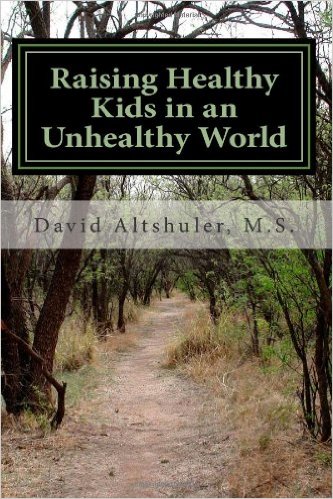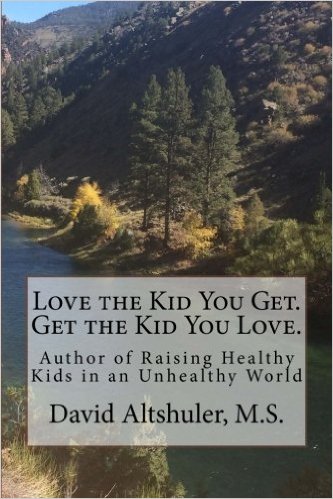My neighbor to the north is concerned that her adolescent son is always out riding his bike, that he does not devote any time to reading. My neighbor to the south is concerned that her adolescent son always has his face buried in a book, that he seldom gets any exercise-from riding a bike for example. Do you see any similarities in these two narratives? The operative word is “concerned.”
 |
Concern can mean support, interest in the well being of another. Concern can lead to constructive action for a loved one. Concern is a foundational concept for encouragement and care.
But concern can also be a synonym for anxiety.
 |
 |
Say your kids do somehow get to the age of 22 without life threatening incident or accident. Their prospects for meaningful employment–there’s no way to put this politely–suck. This generation of college graduates will be the first in living memory to have worse prospects than did their parents. Your kids may not be able to buy a home. If they are, it may not be as nice as the one in which they grew up.
 |
So if the outlook is so dreary–deadly addictions here, bleak prospects there–how and why should loving parents keep a stiff upper lip? Why should we pretend that “everything is going to be okay” when we have every reason to suspect that the contrary may well be the case?
 |
Because the distinction between concern and anxiety is crucial to raising healthy children in this unhealthy world. Because the distinction between that which is in within your control and that which is external to your family is critical. Because your kids will “hear” the wrong message. You may intend to communicate “the world is an unsafe place and you better be on your best game if you are to succeed.” You want the kids to understand that they better be smart, strong, and motivated in order to have a shot is a tough world that is getting tougher. But the take-away that your kids may get is that they’re not okay as they are. The bike rider may feel unloved because he’s not a reader. The bookish kid may feel unappreciated because he’s not outdoorsy.
 |
Loving your kids for who they are rather than for what they do is the way to go. If they feel loved unconditionally, if they feel that they can be who they are, then they will be better able to make their way in this imperfect world. If they feel safe and centered, they will be better able to avoid deadly choices. If they feel accepted unreservedly, they may go on to live content, self-actualized lives. Even if they don’t ever live in a house as big as the one in which they grew up.
 |
Rather than focusing on all the (admittedly) bad things that can occur in the broader world, concentrate instead on all the great things that are happening at home-Harry Potter, Parcheesi, camping trips, Frisbee, oatmeal raisin cookies, reading books AND bike riding.
Or stated another way: “Grant me the serenity to accept the things I cannot change, the courage to change the things I can, and the wisdom to know the difference.”



3 thoughts on “Don’t Panic!”
I love this. It is so true yet so difficult to live by at times. Thank you for the reminder. We are all in this together and have great kids.
very well stated. It is very difficult to raise “normal ” children in a culture that is so focused on economic success, attaining acceptance in a teen world’s peer group, obsessed with celebrities and their lives, and being constantly bombarded by advertisers as to what is “needed” to be happy.
Remember Mick Jagger’s song in the late 1960’s “I Can’t Get Not Satisfaction” ? Nothing has changed but for the decline in tobacco smoking.
I don’t remember how I got signed up for your column, but I’m so glad I did. I love your down-to-earth, loving, accepting approach. Thanks for the rays of light and glimmers of hope.